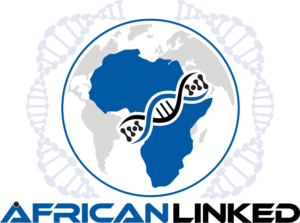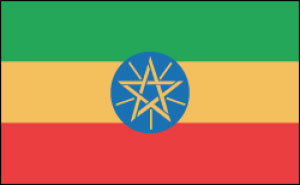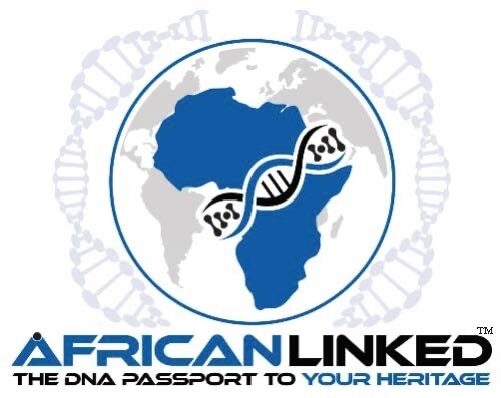
Ethiopia
Digital Passport

President: Mulatu Teshome Wirtu (2013)
Prime Minister: Hailemariam Desalegn (2012)
Land area: 432,310 sq mi (1,119,683 sq km); total area: 435,186 sq mi (1,127,127 sq km)
Population (2014 est.): 96,633,458 (growth rate: 2.89%); birth rate: 37.66/1000; infant mortality rate: 55.77/1000; life expectancy: 60.75
Capital and largest city (2011 est.): Addis Ababa, 2.979
Monetary unit: Birr
National name: Ityop’iya Federalawi Demokrasiyawi Ripeblik
Languages: Oromo (official working language in the State of Oromiya) 33.8%, Amharic (official national language) 29.3%, Somali (official working language of the State of Sumale) 6.2%, Tigrigna (Tigrinya) (official working language of the State of Tigray) 5.9%, Sidamo 4%, Wolaytta 2.2%, Gurage 2%, Afar (official working language of the State of Afar) 1.7%, Hadiyya 1.7%, Gamo 1.5%, Gedeo 1.3%, Opuuo 1.2%, Kafa 1.1%, other 8.1%, English (major foreign language taught in schools), Arabic (2007 est.)
Ethnicity/race: Oromo 34.4%, Amhara (Amara) 27%, Somali (Somalie) 6.2%, Tigray (Tigrinya) 6.1%, Sidama 4%, Gurage 2.5%, Welaita 2.3%, Hadiya 1.7%, Afar (Affar) 1.7%, Gamo 1.5%, Gedeo 1.3%, Silte 1.3%, Kefficho 1.2%, other 10.5% (2007 est.)
National Holiday: Independence Day, May 28
Religions: Ethiopian Orthodox 43.5%, Muslim 33.9%, Protestant 18.5%, traditional 2.7%, Catholic 0.7%, other 0.6% (2007 est.)
Literacy rate: 39% (2007 est.)
Economic summary: GDP/PPP (2013 est.): $118.2 billion; per capita $1,300. Real growth rate: 7%. Inflation: 8.4%. Unemployment: 17.5% (2012). Arable land: 13.19%. Agriculture: cereals, pulses, coffee, oilseed, cotton, sugarcane, potatoes, qat, cut flowers; hides, cattle, sheep, goats; fish. Labor force: 45.65 million (2013); agriculture and animal husbandry 85%, government and services 10%, industry and construction 5% (2009). Industries: food processing, beverages, textiles, leather, chemicals, metals processing, cement. Natural resources: small reserves of gold, platinum, copper, potash, natural gas, hydropower. Exports: $3.214 billion (2013 est.): coffee, qat, gold, leather products, live animals, oilseeds. Imports: $10.68 billion (2013 est.): food and live animals, petroleum and petroleum products, chemicals, machinery, motor vehicles, cereals, textiles. Major trading partners: Belgium, Germany, Saudi Arabia, U.S., India, China (2012).
Communications: Telephones: main lines in use: 797,500 (2012); mobile cellular: 20.524 (2012). Broadcast media: 1 public TV station broadcasting nationally and 1 public radio broadcaster with stations in each of the 13 administrative districts; a few commercial radio stations and roughly a dozen community radio stations (2009). Internet hosts: 179 (2012). Internet users: 447,300 (2009).
Transportation: Railways: total: 681 km (railway is under joint control of Djibouti and Ethiopia but is largely inoperable (2008)). Highways: total: 44,359 km ; paved: 6,064 km; unpaved: 38,295 km (2011). Ports and harbors: Ethiopia is landlocked and uses the ports of Djibouti in Djibouti and Berbera in Somalia. Airports: 57 (2013)
Fun Facts
- Allegedly, the Ark of the Covenant that holds the 10 Commandments is in a church in this country.
- However, only one man knows how true this is, and he is the only one who guards it.
- Abebe Bikila, an Ethiopian, won Africa’s first Olympic gold medal, in 1960.
- The Ethiopian Calendar has 13 months and it is 7 ½ years behind the Gregorian calendar. New Year in Ethiopia starts on 11th September and a day later in a leap year
- Coffee was discovered in this country, in Kaffa region. A shepherd discovered this famous beverage when his goats ate the leaves and became restless.
Videos
